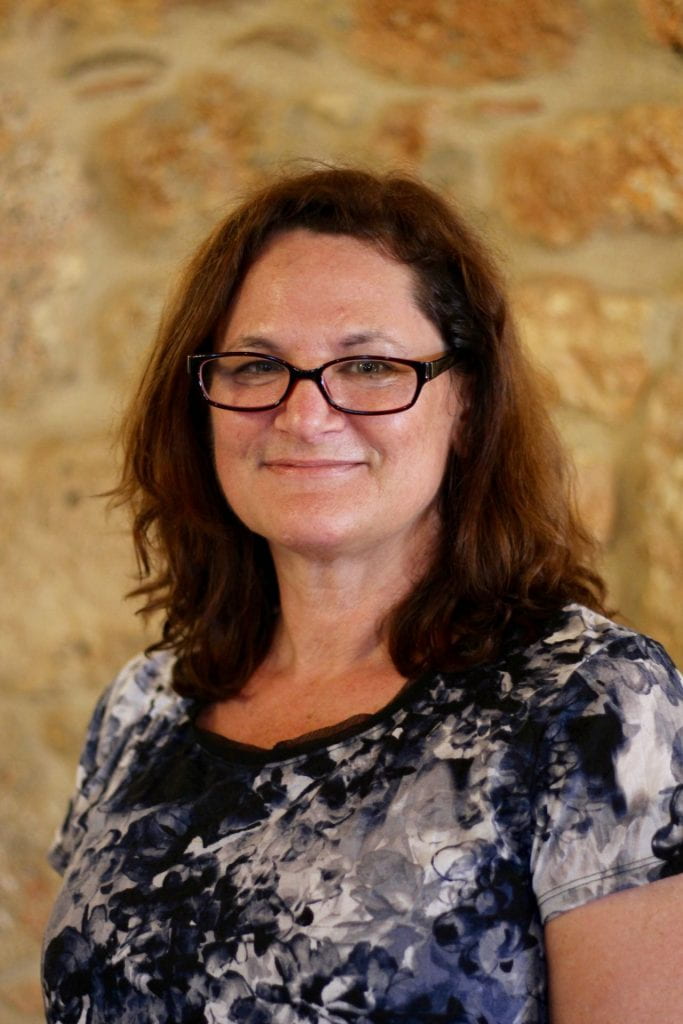
Diane Harris Cline is an ancient Greek historian and an associate professor of history and classics at George Washington University in Washington, DC. GWU is a big part of her family’s life: her husband is also a professor at GW, their son is a sophomore in CCAS, and her nephew is a graduate student in the Milken School of Public Health. With a B.A. in classics from Stanford University and her Ph.D. in classical archaeology from Princeton, her cross-disciplinary research applies social network analysis to study the social ties in ancient Greece. Cline is the author of two books, The Treasures of the Parthenon and Erechtheion (Oxford) and The Greeks: An Illustrated History (National Geographic). She has won two Fulbright awards for research in Greece, 30 years apart, and is also a double recipient of National Endowment for the Humanities grants, including one in 2020. During her fellowship in 2018 at Harvard’s Center for Hellenic Studies, Cline collaborated with Dr. Eleni Hasaki (University of Arizona) on the social networks of Athenian potters. Social network projects since 2010 include articles analyzing the social networks for Alexander the Great, Socrates, the Egyptian Kings of the Amarna tablets (15th c. BCE), and the tight relationships in Athens. From 2013-2016, Cline was director of the pilot program she called XD@GW, developing a network of 120 faculty fellows who self-identified as doing cross-disciplinary (XD) work. Dr. Cline teaches in three fields, History, Classics, and the Digital Humanities, the latter of which is not so much a field as an emerging set methodologies that use quantitative approaches to interrogate traditional humanities subjects. Teaching awards at GWU include the Columbian Prize for Teaching and Mentoring Advanced Undergraduate Students in 2017 and the Bender Award for Excellence in Teaching in 2018. Cline is also co-principal cellist of the Washington Sinfonietta, which performs (or at least used to perform) five concerts a year.

